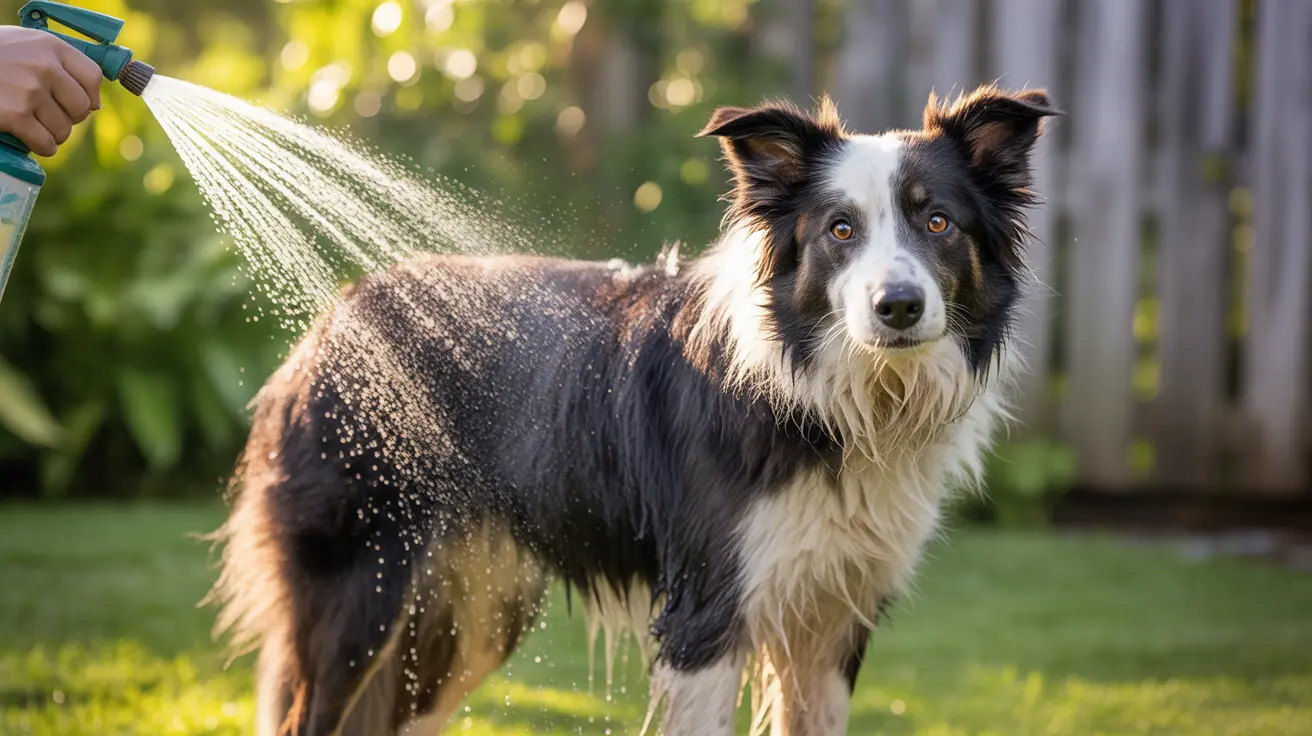When your dog starts scratching incessantly after a walk through tall grass or wooded areas, chigger bites might be the culprit. These microscopic mite larvae can cause intense discomfort for our canine companions, leading to persistent itching and skin irritation that requires prompt attention and treatment.
In this comprehensive guide, we'll explore everything you need to know about chigger bites on dogs, from identification and treatment to prevention and potential complications. Understanding these tiny parasites is crucial for maintaining your pet's comfort and health during peak chigger seasons.
What Are Chiggers and How They Affect Your Dog
Chiggers, also known as harvest mites or red bugs, are the larvae of trombiculid mites that attach themselves to your dog's skin. These nearly invisible parasites inject specialized saliva into the skin, which breaks down tissue cells to create a feeding tube called a stylostome. This process results in intense irritation and characteristic red, raised bumps on your dog's skin.
Unlike many other parasites, chiggers typically remain attached to your dog for only a few days before naturally falling off. However, the inflammation and itching they cause can persist for several days or even weeks after the initial bite.
Identifying Chigger Bite Symptoms
Dogs affected by chigger bites typically display several distinctive symptoms:
- Intense scratching and biting at affected areas
- Red, raised bumps on the skin
- Hair loss in affected regions
- Visible skin inflammation and redness
- Crusty or scabbed skin from excessive scratching
- Restlessness due to discomfort
These symptoms most commonly appear on areas that come into direct contact with vegetation, such as:
- Paws and legs
- Belly and groin area
- Face and ears
- Base of the tail
Effective Treatment Methods
Treating chigger bites on dogs requires a multi-faceted approach to both eliminate the parasites and provide relief from symptoms:
Immediate Care Steps
- Give your dog a warm bath with mild, dog-specific shampoo
- Add Epsom salts to the bath water for additional soothing effects
- Apply cold compresses to reduce inflammation and itching
- Use veterinarian-approved anti-itch medications or creams
Ongoing Treatment
For persistent or severe cases, your veterinarian might recommend:
- Prescription antihistamines
- Corticosteroids for inflammation
- Medicated shampoos or topical treatments
- Antibiotics if secondary infections develop
Prevention Strategies
Preventing chigger bites is always preferable to treating them. Consider these effective prevention methods:
- Avoid walking your dog through dense vegetation during peak chigger season
- Keep your lawn well-maintained and grass short
- Use veterinarian-approved parasitic preventatives
- Bathe your dog promptly after potential exposure
- Regular grooming and skin checks
Frequently Asked Questions
What are chiggers, and how do they affect dogs?
Chiggers are microscopic mite larvae that attach to dogs' skin, injecting saliva that breaks down tissue and causes intense itching, redness, and skin irritation. They typically affect dogs during outdoor activities in wooded areas or tall grass.
How do I treat chigger bites on my dog to relieve itching and skin irritation?
Treatment includes warm baths with dog-safe shampoo, applying cold compresses, using anti-itch medications, and in severe cases, seeking veterinary care for prescription treatments like antihistamines or corticosteroids.
Can chiggers be transmitted from dogs to humans, or vice versa?
No, chiggers cannot be transmitted between dogs and humans. Each host must acquire the mites directly from the environment, typically from vegetation or grass where chiggers live.
What are the best ways to prevent my dog from getting chigger bites during outdoor activities?
Prevent chigger bites by avoiding areas with dense vegetation during peak seasons, maintaining short grass in your yard, using parasite preventatives, and bathing your dog after potential exposure.
What are the potential complications of untreated chigger bites in dogs, and how can they be managed?
Untreated chigger bites can lead to secondary bacterial infections, chronic skin irritation, and in severe cases, "summer penile syndrome" in male dogs. Management includes proper cleaning, medication if prescribed, and preventing excessive scratching.






